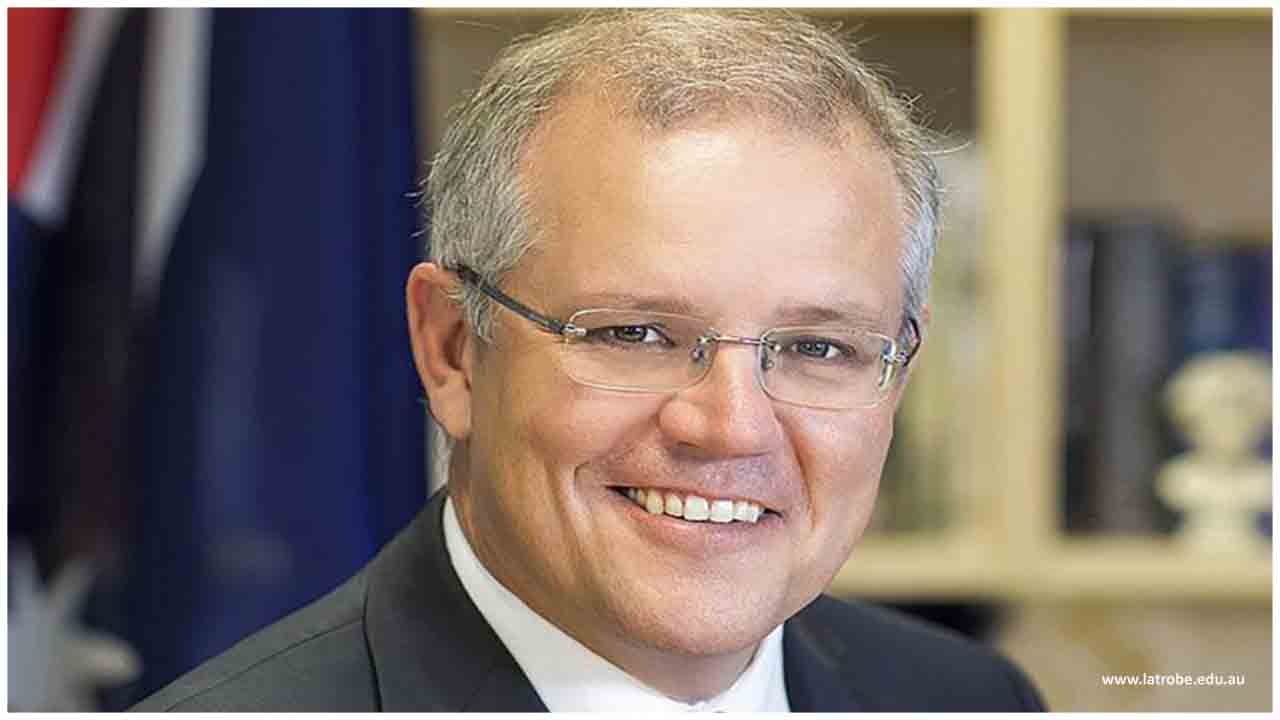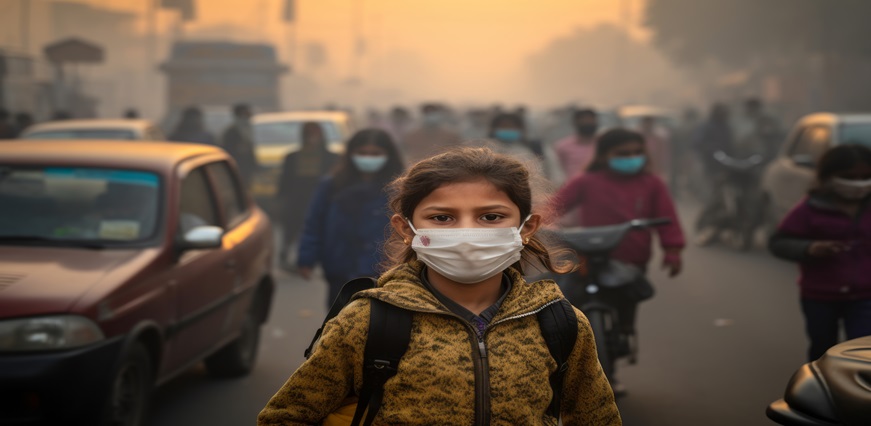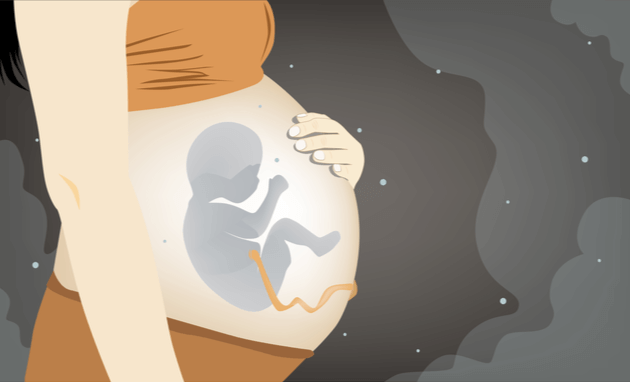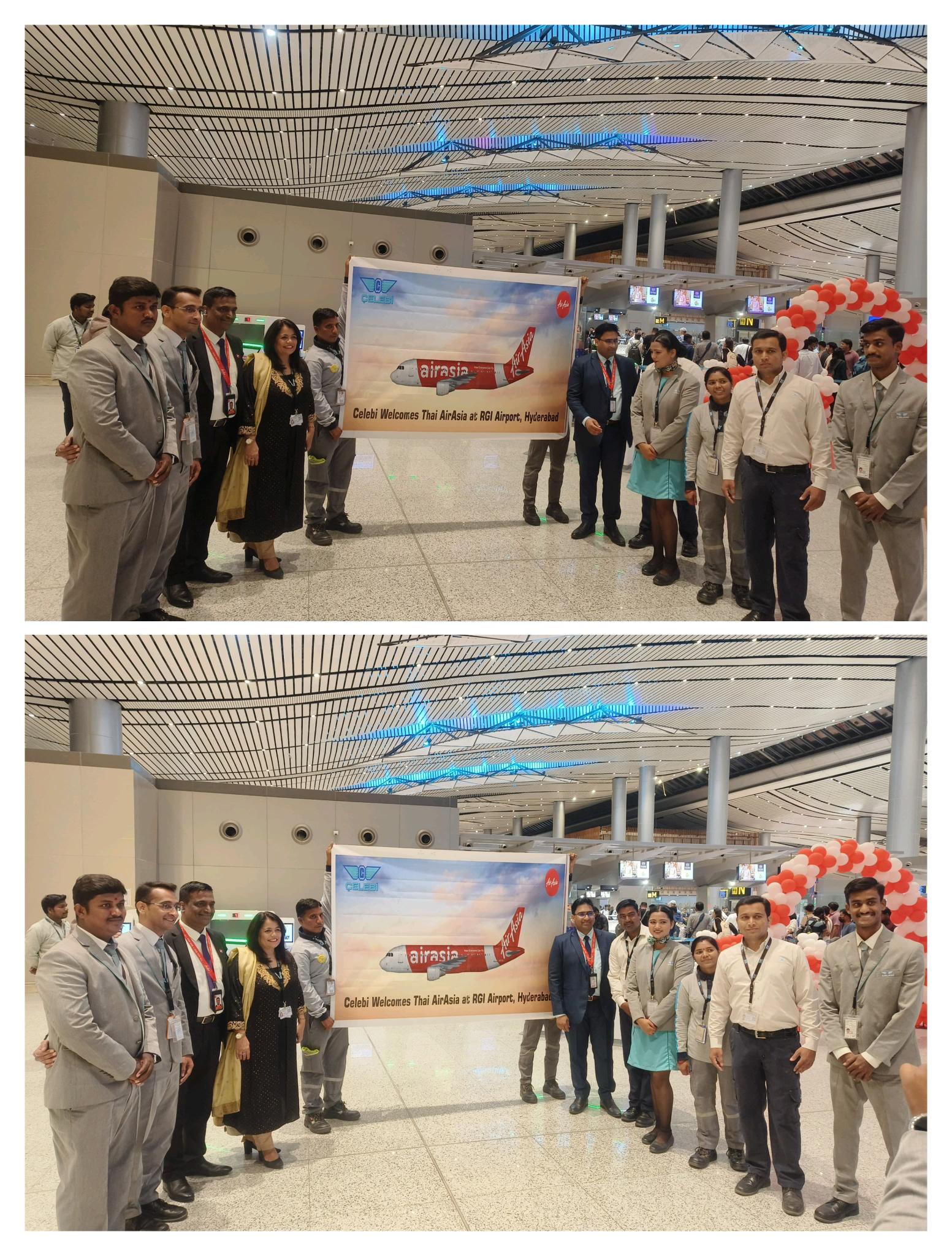Australia has said that it has already secured access to a promising Coronavirus vaccine and will be able to offer free doses to its entire population of 25 million people. The vaccine is being developed by the pharmaceutical company AstraZeneca and Oxford University.
Prime Minister Scott Morrison said that if clinical trials are successful, the deal with AstraZeneca would secure early access for every Australian. He said, it was likely that vaccinations would be mandatory. Australia has recorded 450 Coronavirus deaths, most from an outbreak in the state of Victoria.
Earlier this month, Victoria declared a state of disaster and imposed strict lockdown measures after a surge in infections. It still has more than 7,000 active cases.
Meanwhile, it was reported that Australia's second-largest city, Victoria, showed a decline in new covid-19 infections today, Victoria state Premier Daniel Andrews said.
There were 278 new infections and eight new deaths, down from around 700 daily at the peak of the outbreak. Daniels said the lower numbers indicate the lockdown restrictions in Melbourne are working but urged people to stay the course.
Meanwhile, neighboring New South Wales state, which includes Australia's largest city Sydney, recorded 12 new cases and one death.
In the Asia-Pacific region South Korea has reported 56 new cases of coronavirus as new infection clusters continue to pop up across major cities. The figures announced by South Korea's Centers for Disease Control and Prevention brought the caseload to 14,770 infections, including 305 deaths.
In the other news update today WHO has offered tribute to the frontline health workers on World Humanitarian Day. The world honours all humanitarians – many working in their own communities – who are going to extraordinary lengths in extraordinary times to help women, men and children whose lives are upended by crises and the global COVID-19 pandemic.
The dedication, perseverance and self-sacrifice of these real-life heroes represent the best of humanity as they respond to the COVID-19 crisis and the massive increase in humanitarian needs it has triggered.
First responders are often people in need themselves — refugees, members of civil-society organizations and local health workers. They bring food, shelter, health care, protection and hope to others amid conflict, displacement, disaster and disease.
But humanitarian workers are being tested like never before, struggling with unprecedented movement restrictions and insufficient resources as needs are outpacing funds.
This year's World Humanitarian Day comes as the world fights the COVID-19 pandemic. To pay tribute to the efforts of humanitarians, OCHA and its partners present the personal stories of some of the #RealLifeHeroes who are stepping up to meet the challenges, particularly local humanitarian workers.
They include refugees who as health workers are playing essential roles in the pandemic response; Ebola health workers who are stepping in to fight COVID-19; and doctors and nurses who continue to provide critical health care to women and children.

 Prime Minister Scott Morrison said that if clinical trials are successful, the deal with AstraZeneca would secure early access for every Australian
Prime Minister Scott Morrison said that if clinical trials are successful, the deal with AstraZeneca would secure early access for every Australian











.jpg)







.jpeg)


.jpeg)



.jpeg)
.jpeg)






.jpeg)





